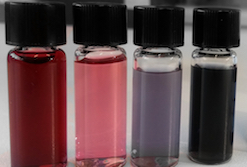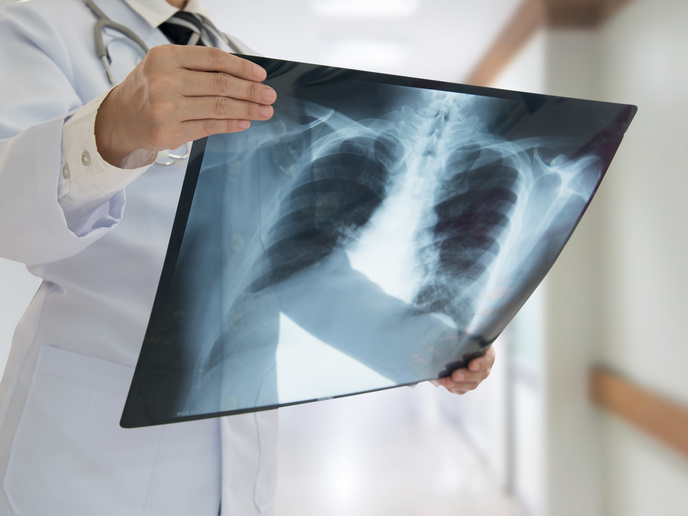A new point-of-need nanodiagnostic for better healthcare
Medics working in migratory hotspots, in countries with low laboratory infrastructure or in other demanding situations often need to be able to screen large populations quickly, in a non-centralised manner. Patients who would be more comfortable not having to travel far to be screened, and those with conditions which demand swift action, such as suspected chronic myeloid leukaemia, would also benefit. The EU-funded Nano4 project has developed a fast, accurate, low-cost, point-of-care diagnostic for certain viruses, pathogens and cancer-types. The technology will help healthcare decision-makers to act quickly, save lives, reduce pain and avoid mistakes. It could even prevent epidemics. A disruptive technology for molecular diagnostics The Nano4 platform is able to diagnose the presence of disease by using a colour revelator (colorimetric detection) to alter nanoparticle properties. After collecting a patient sample, for example sputum (saliva and mucus) or urine, nucleic acids are extracted which are then mixed with gold nanoprobes. The presence of signature nucleic acid sequences, as evidenced by gold nanoparticle activity in the mixture, is then picked up by the nanoprobes and so the disease-causing microbes and/or gene is identified. The solution is initially a strong red colour. Once the revelator is added, if the solution changes to blue then it indicates the disease molecule is not present. If it remains red, it is present. “As Nano4 is very sensitive, it can provide an immediate indication of the presence or absence of disease,” says project coordinator and Nano4 Global founder, Mr Filipe Assoreira. However, this game-changing potential for molecular diagnostics also presented the team with their biggest challenge. As Professor Pedro Baptista (Nano4 Global CSO) explains, “Nano4 is a disruptive technology as it may be applied to any disease or condition with a molecular (RNA/DNA) signature. So we’ve had to work hard to make it clear to the market where it can be integrated in the value chain, for both the patient and the Industry as a whole.” So far, Nano4 has validated the technology’s diagnosis for a range of conditions including pathogens (Zika, MRSA, Salmonella) and cancer types (lung, colon, leukaemia). Testing for antibiotic resistance is likely to be the most common application, with the healthcare industry already investing in key programmes. At the same time, companion diagnostics (identifying specific biomarkers accompanying the therapy) and cancer diagnostics represent fields where Nano4 is forecast to achieve its fastest growth in the coming years. Diagnostics for those otherwise left outside The project has already had a number of successes. Prof. Baptista, recalling his field work with Prof. Alexandra Fernandes (Nano4 Global COO) says, “When applied to chronic myeloid leukaemia, Nano4 provided doctors with an additional tool to simplify diagnosis. During the project, we were able to assist a clinical team to re-evaluate one patient for disease progression and therapy, which proved to be life-saving.” However, it was with tuberculosis that the team identified a unique opportunity to demonstrate Nano4’s ability to scale up to meet market demand. As tuberculosis is mostly prevalent in countries with low laboratory infrastructures, it presents a good opportunity to showcase the full power of the technology in decreasing the burden, of both financial and time investment, on health systems. Communicating the team’s underlying motivation Mr Assoreira enthuses, “Discussing Nano4 methodological applications reminds us why we started the project – to provide diagnostics to those otherwise left outside. Remembering our field trips to Africa and Brazil with the patients, clinicians and health personnel, spurs us on to provide frontline workers with sustainable diagnostics to improve quality of life.” Currently Nano4 is scaling up production, getting CE certification for In Vitro Diagnostics (IVD) and undergoing a full performance validation.
Keywords
Nanotechnology, diagnostics, nanoprobes, nanoparticles, cancer, tuberculosis, antibiotic resistance, biomarker, molecular diagnostics, pathogens, point-of-care







